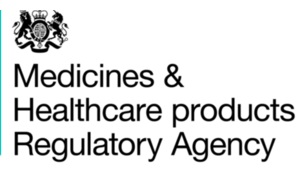
-
7th May 2016, 08:36 AM
#4
I'm not sure of the utility of this process.
If all possible identifiable information is removed, it may cause a problem with the site carrying out this operations satisfactory. Second, the information provided is by the very people who gain the information in the first place. An independent element is always a great advantage (see previous). The two key questions you will be interested in are:- is there prospective written informed consent by this subject rather than any other subject?; has genuine written informed consent been correctly gained for each and every subject? These questions will be difficult to answer with your procedure and I'm not sure if the amount of work required by your procedure is worth the slight gains that you suggest. In fact a Risk Assessment of the whole consent process might be a good idea (see MHRA & EMA guidance on this). I still favour getting other individuals to check and report to the sponsor (as per MHRA GCP guide 2012). Other researchers (not just your researchers) are always happy to help because they are in the same boat. Also their institution often has a research office that can help. A Risk Proportionate process would be best and for that (depending what the Risk Assessment, the IEC states) and that would mean that perhaps (depending on acceptable risks) not all consent forms need checking.
You say problems with consent have seen on monitoring. Then it will be important to launch a Corrective and Preventive Action plan to correct these problems. Obviously GCP training will be a key element.
 Posting Permissions
Posting Permissions
- You may not post new threads
- You may not post replies
- You may not post attachments
- You may not edit your posts
-
Forum Rules






 Reply With Quote
Reply With Quote